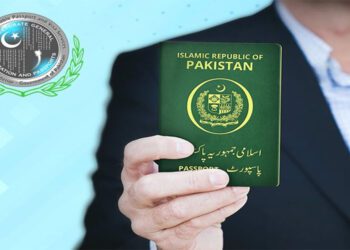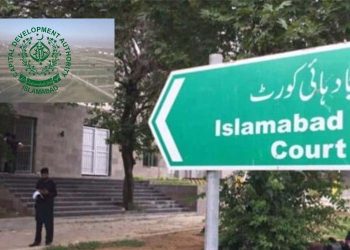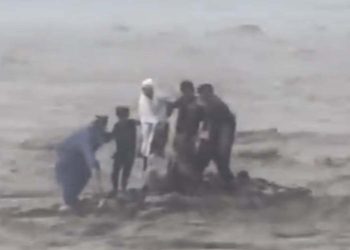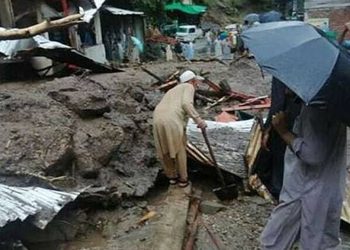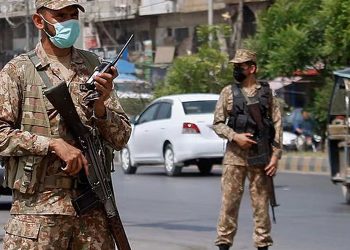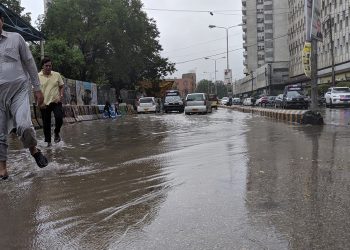ISLAMABAD: Deputy Prime Minister and Foreign Minister Ishaq Dar on Wednesday warned that peace and stability in South Asia are under grave threat due to India’s “politically motivated and provocative actions” following the deadly April 22 Pahalgam attack in Indian Illegally Occupied Jammu and Kashmir (IIOJK).
Speaking at a joint press briefing alongside Director-General of Inter-Services Public Relations (ISPR), Lt Gen Ahmed Sharif Chaudhry, Dar said the objective of the media interaction was to express Pakistan’s deep concerns regarding India’s “irresponsible rhetoric and destabilising behavior.”
“Targeting innocent civilians is deplorable and condemnable, regardless of where it occurs,” Dar said, extending Pakistan’s condolences to the victims of the Pahalgam attack.
“As a nation that has suffered tremendously from terrorism, we understand the pain of the victims better than most.”
Dar underscored Pakistan’s role in the United Nations Security Council (UNSC), stating that Islamabad constructively engaged with fellow members on the recent UNSC press statement condemning the Pahalgam attack.
Taking aim at New Delhi, Dar accused India of glorifying its cross-border assassination operations and state-sponsored terrorism. “No other country has suffered from terrorism the way Pakistan has,” he stated, citing over 80,000 lives lost and more than $150 billion in direct economic losses — a figure that could rise to $500 billion when indirect impacts are included.
Since April 22, Pakistan has actively engaged with the global community to highlight its position, Dar added. “I, along with the Foreign Office and the Prime Minister, have reached out to over a dozen foreign ministers and deputy premiers to explain the seriousness of the situation.”
The joint briefing comes amid escalating tensions between the two nuclear-armed neighbours after India blamed Pakistan for the Pahalgam incident — without providing evidence — and took a series of retaliatory steps, including suspending the Indus Waters Treaty, revoking Pakistani visas, and closing the Wagah-Attari border.
In a tit-for-tat response, Pakistan expelled Indian diplomats and military advisers, revoked visas for Indian nationals — excluding Sikh pilgrims — and shut the border crossing from its side.
Islamabad has strongly denied any involvement in the Pahalgam attack and reiterated its willingness to participate in a credible and transparent investigation conducted by a neutral international body.








